In the past couple of years, and more recently in the past couple of months, there have been a number of different articles written on the recent U.S. obsession with “Saving Africa”. Authors of these articles are rightfully disturbed by the general misplaced ‘need to rescue’ inflicting Americans, especially college students, like the ones described in “Stop trying to save Africa” by Uzodinma Iweala, author of Beasts of No Nation. However, few would argue that the intentions of these individuals are not genuine (assuming that there is no such thing as a completely altruistic act).
While Americans may be “wracked by guilt” and see Africa as an opportunity to fulfill some sort of savior-like manifest destiny, it is becoming increasingly clear that Africans do not need nor want to be ‘saved’. Africa is not and should not be a charity case for the U.S. Iweala says, “There is no African, myself included, who does not appreciate the help of the wider world, but we do question whether aid is genuine or given in the spirit of affirming one's cultural superiority.” Whether this notion of superiority is subconscious or not, let’s for a moment, ignore the idea that ‘saving Africa’ is a concept based solely on self-gratification. Let’s assume instead that most Americans, however ignorant or misinformed, are genuinely looking for a way to make a positive difference for Africans.
In a world that is driven by the power and greed of capitalist nations, charity will only provide small, short term effects that not only have the potential to perpetuate the stereotype of African countries needing to be rescued, but may also deter Africans from taking action and working together to create solutions for themselves. Michael Maren begins the first chapter of his book, The Road to Hell with a quotation from Oscar Wilde: “Charity creates a multitude of sin.”
So, if ‘saving’ and charity are out. What then, can Americans, and the “perky blond college student” that Iweala describes in his article, do to actually assist Africa in it’s struggle to fight corrupt governments, eliminate poverty & disease, and become a respected and active participant in the global economy?
In a recent Economist article “The Sunny Continent”, Sam Jonah, a Ghanaian businessman affirms that the “‘help’ Africa has had from outside has been of the wrong sort”. However, he does not deny that other countries can make a positive impact. He cites examples of rich European countries investing in poor European countries, “not as charity, but because they saw a win-win opportunity.” It seems that while Americans have been obsessing over Africa as a black hole, African businesses have begun to successfully emerge and are starting to create competition on the international stage. For the sake of both Americans and Africans we have to let go of the idea of American exceptionalism and realize that Africa is stepping onto the international playing field with or without our help.
A 2005 Money Week article cited (figures from The World Bank) that Africa offered 'the highest returns on foreign direct investment of any region in the world’. The article also stressed, “In the long term, Africa's best chance for prosperity and stability is not from dependency on foreign aid, but from sustained private investment and enterprise. Currently [2005], only about 1% of the private capital in the world is invested in sub-Saharan Africa”. So if you really want to help Africa, forget the guilt from past exploitations and forget the idea that Africa is a black hole needing to be rescued. Start thinking of Africa as the ‘sunny continent’ and about how you can show your support for and commitment to its success by investing in its bright future. While I’m not sure if it is really possible to empower Africa, I do believe that we can support Africa as it begins to empower itself.
So now the question is … how can we invest in the future of Africa? A question to which the answer is not yet clear. There are some options, however, as of now, they are limited. One microfinance option is offered through a nonprofit organization called Kiva, which “lets you connect with and loan money to unique small businesses in the developing world” (including but not limited to Africa). Other options are slightly more complicated because of the low demand for African funds. Some other options listed in another Money Week article, are investing in:
~ South African mining stocks through funds like: Merrill Lynch Gold & General, or JPMF Natural Resources.
~ The Genesis fund which is 10% invested in South Africa and 5% in Egypt, with smaller holdings in Ghana, Kenya, and other African states.
~ Investec whose managers are particularly keen on Tunisia, Nigeria and Egypt and has risen 60% since launch in November 2005. However, the minimum investment is $1m. ouch.
~ Imara African Opportunities Fund, which was launched in 2005 to allow international investors access to Africa’s emerging stock markets. It has limited exposure to South Africa and heavy weightings in Kenya, Zambia, Egypt, and Nigeria, with an average price-earnings ratio across its portfolio of about nine times.
Alternatively, investors can consider investing directly in South African plays such as the Anglo-South African bank, or European-listed colonial' firms with significant African assets, such as Belgium's SIPEF.
While investing may be logistically and financially difficult and in some cases nearly impossible, the attitude that comes with the idea of investing is just as important. When you invest in something, you believe that it will succeed. This belief, in and of itself, is a positive step towards ‘helping’ Africa.
Subscribe to:
Post Comments (Atom)
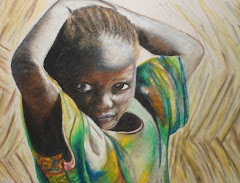
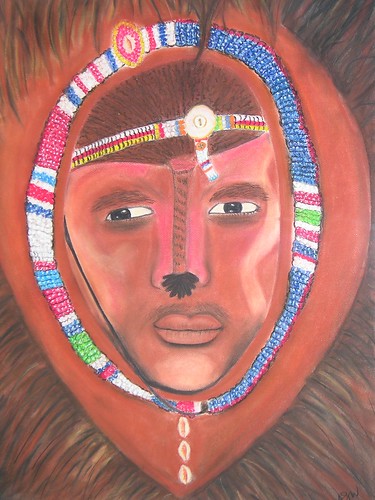
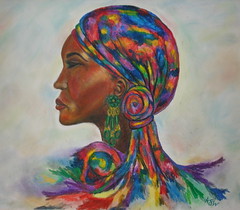
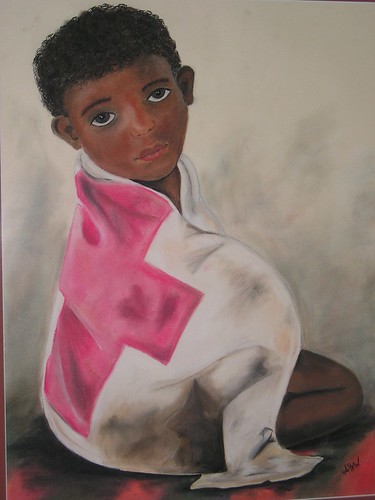
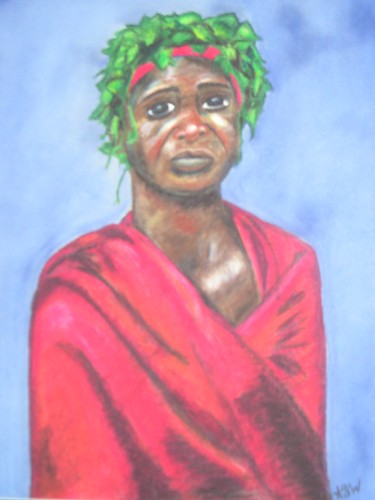
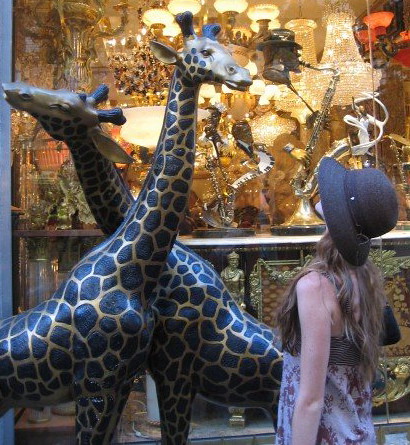

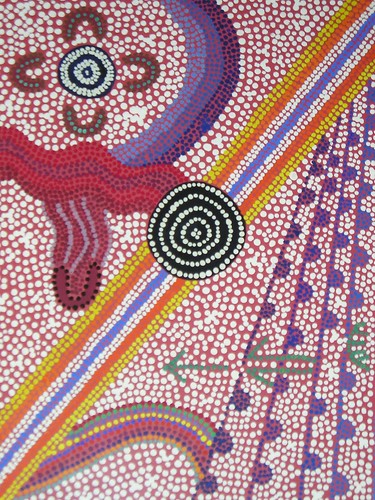






1 comment:
So smart!
Post a Comment